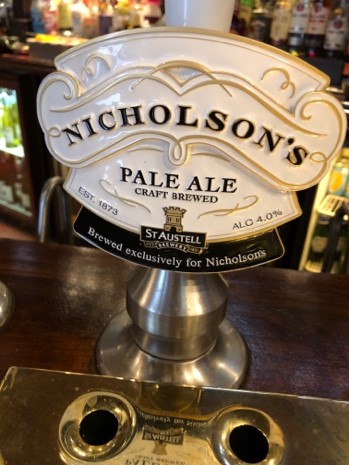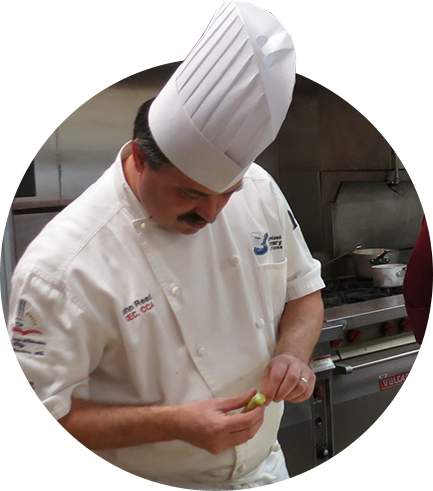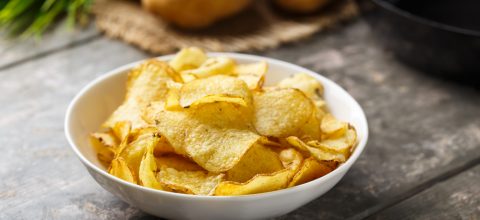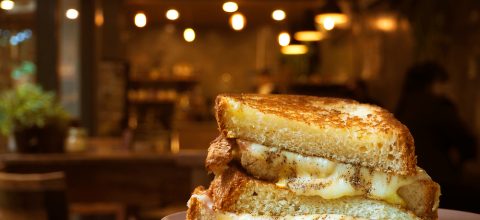This month, I am writing about some ingredients that are truly English that you may not have used or heard of unless you deep dive into antiquarian cookbooks like I do. I am fortunate to be able to visit England on a regular basis, and when I do, I try to energize my creative juices by exploring the shops, market stalls and gardens around the area to find something different.
So on my latest recon mission into the height of an English summer, I came across the following items that I thought were interesting: medlars, cobnuts, jellied eel, green gages and of course scrumpy.
Medlars are the fruit of a small shrub related to hawthorn, and the fruit is somewhat similar to persimmons and quince. They can be eaten raw, but not until they have softened naturally. This natural process called bletting, an old term in England, is the browning and softening of the fruit. This is a very similar process with quince. Quince is always processed when ripened. The tree is not native to England but was planted by the Romans as they expanded their empire across Europe. The most common recipe is called medlar cheese, made when the sieved soft pulp is cooked with sugar and cooled to form a firm paste similar to membrillo or guava paste.
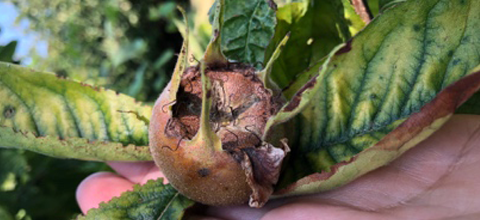
Cobnuts are a relative of hazelnuts and are seen on market stalls across England and for the most part grown in Kent. They are sold green and have become an alternative source of protein for vegan and vegetarian diets. When green and still fresh, they have a slight coconut taste and are slightly pasty. When mature and dried, they can be easily mistaken for filberts. When raw and still green, they can be incorporated into salads and when dried and roasted can be processed like hazelnuts and used in variations of recipes like dacquoise, macrons or financiers.
Green gages are an old variety of European plums and are colored from pastel green to yellow. Used as other stone fruit, they are a great alternative to plums and nectarines. They are perfect for tarts, preserves and even savory applications. I am thinking of an accompaniment to charcuterie and especially duck liver and ham. Cooked puree would also be a great alternative to white peaches in a prosecco-based cocktail. I might be able to pinch my sister’s recipe for green gage tart.
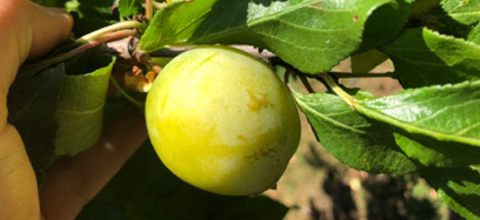
Scrumpy. As a school boy in England in the late ’70s to early ’80s, we spent some time on the west coast of England. We were just pushing the envelope of trying to get into pubs, and when we couldn’t, we were all told of scrumpy and how it could “mess you up” if you didn’t get the right one. Scrumpy was not available in pubs, but it was the local brew on the farms of the region. Scrumpy is naturally fermented apple cider and can have the taste of apple cider vinegar. It is “rough” in presentation, hence the old name “scrumpy.” Usually unfiltered and made from whatever fruit was lying around the farm, now it is sought after, and there are plenty of commercial examples around if you know where to look. If you get to London, there is a great cider stall at Borough Market serving up all kinds of cider funk if you are game for the experience.
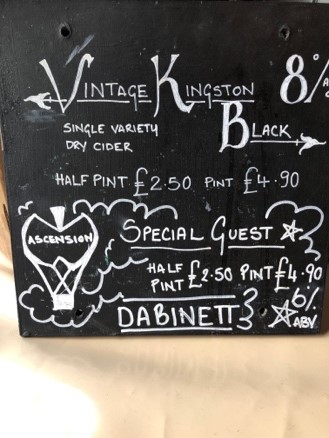
Jellied Eel. And of course, there is an old London dish that is just as hard to find as a true London Porter. Trust me, I looked! It is jellied eel. London, when the river was clean, was a great fishing ground for eels. Cooked on the bone and allowed to set, it takes you back to a simpler time of just good food and drink.
Beer
The only choice for me. Once again, you need to really experience a perfect pint: cask conditioned ale. Today it is most pale ales and IPAs, but if you can find a porter, it is a completely different experience every time. Here is one that I enjoyed.
